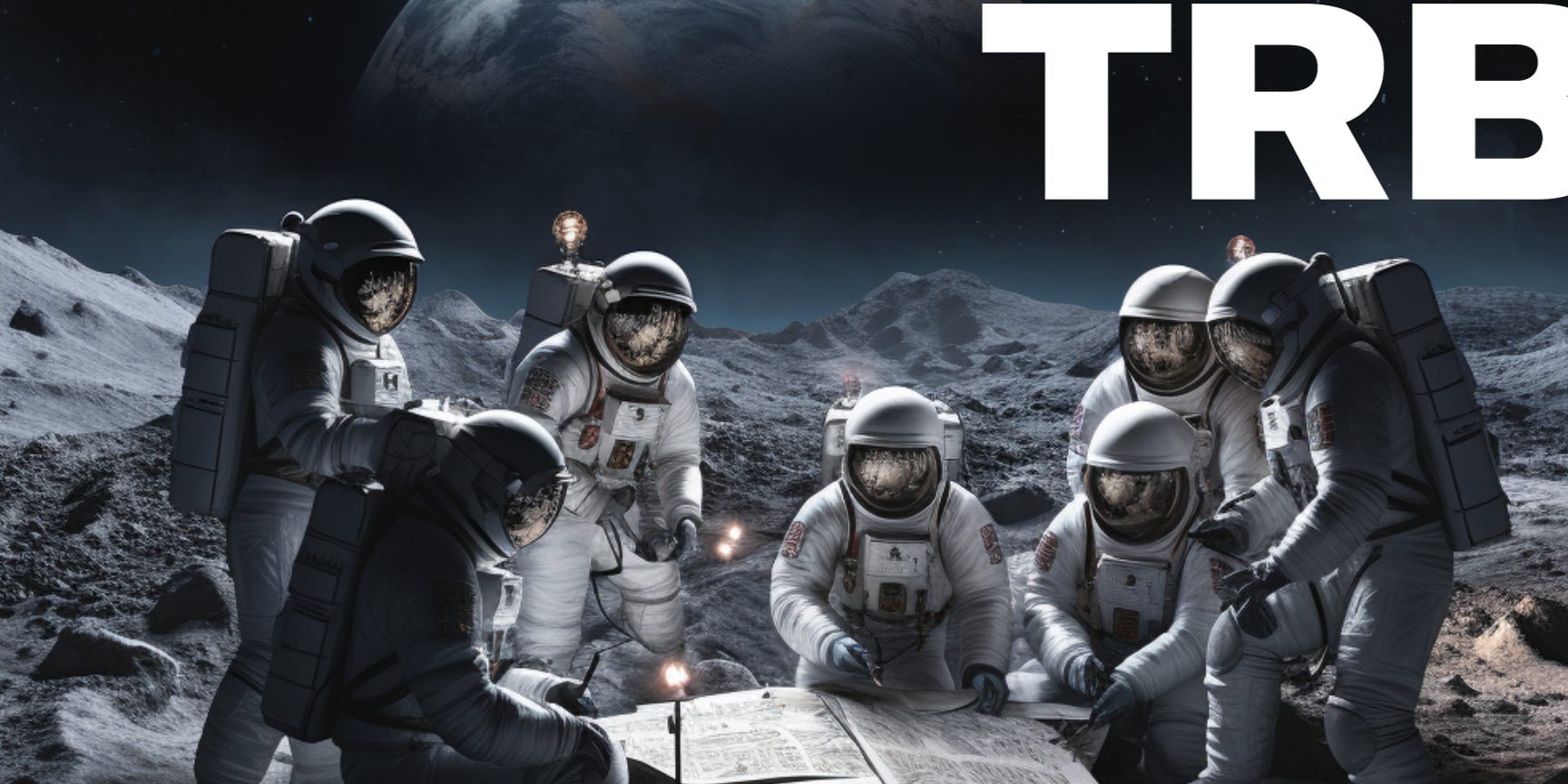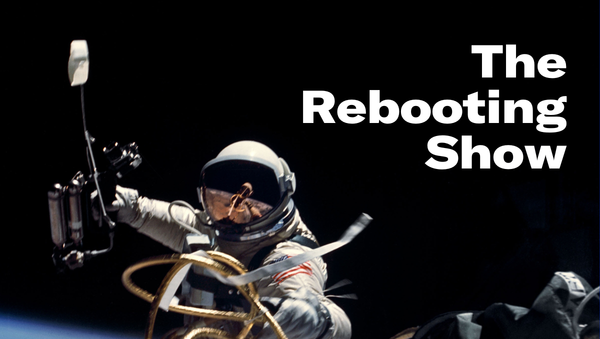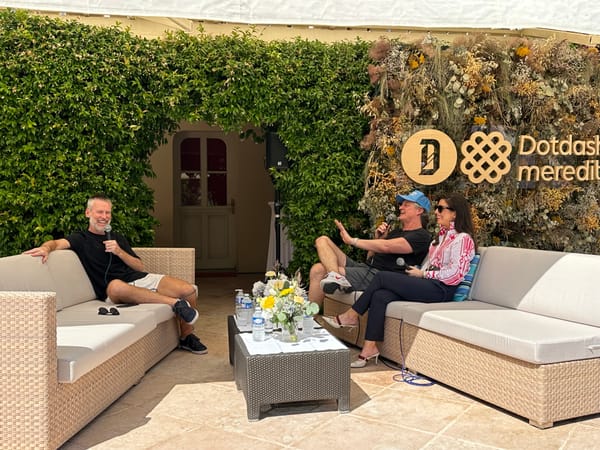Ecosystems
The media ecosystem is complex, interdependent and threatened

I’ve come around to the term “media ecosystem” because ecosystems are complex, dynamic and easily thrown out of balance. The features are interconnected and never static. Many factors determine the resilience of ecosystems, notably diversity.
Ecosystems often adapt to external challenges, but they can die when they’re degraded by greed (deforestation, overdevelopment, etc), disease and imbalance. These are the essential challenges facing the media ecosystem at this pivotal moment.
When I think of the many challenges facing the media ecosystem, most of them come down to imbalance, particularly the inability to make the sensible and inevitable tradeoffs that must happen. The fundamental interdependence of ecosystems means that viewing parts of the media ecosystem in silos is unhelpful. There is a connection between the decisions a brand manager makes in Cincinnati and the ongoing demise of the local news industry.
Ecosystems are not static. Change often comes from external forces, and it is through struggle and competition that ecosystems become resilient. The demise of publications is mourned, but in truth, there is a role in bad businesses going out of business. Clarifying moments can be beneficial in the long run. Adapt and survive.




